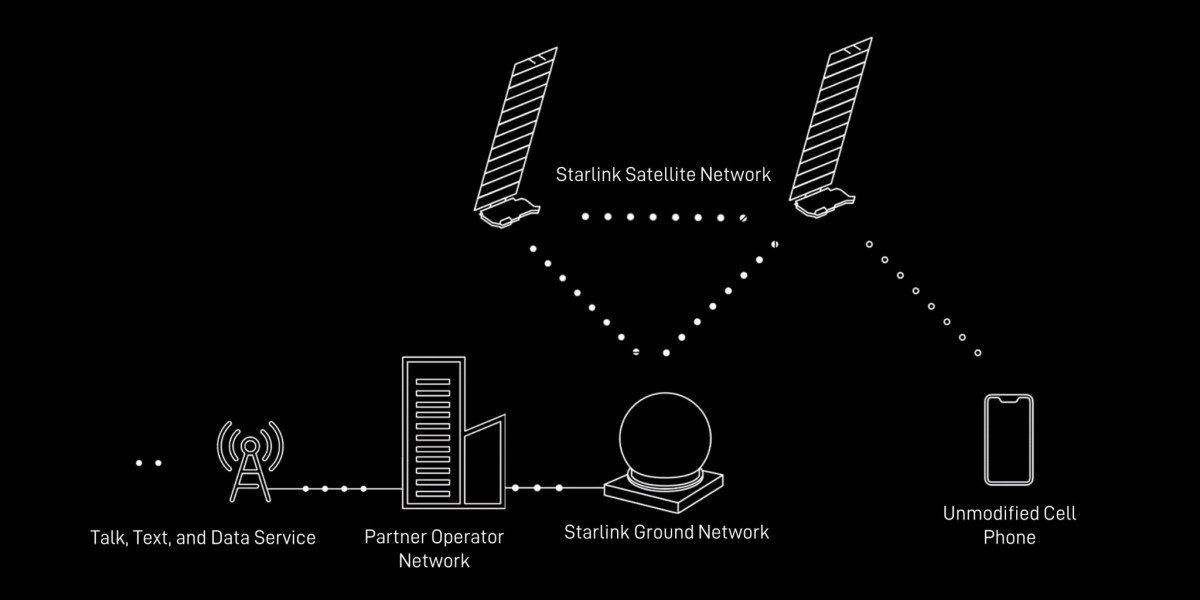SpaceX has successfully launched its first batch of Starlink satellites equipped with the groundbreaking ability to connect directly to cell phones. This exciting development comes just ahead of planned testing later this year, and marks a major milestone for the company. These satellites, along with 15 others, were launched into orbit aboard a Falcon 9 rocket late last night.
The innovative technology has been approved by U.S. regulators for testing in partnership with T-Mobile, and has sparked partnerships with other native telecom companies in countries such as Australia, Canada, and Japan.
This approval, granted by the U.S. Federal Communications Commission, is valid for a 180-day period. During this time, SpaceX plans to test the satellites which will ultimately involve 840 of them transmitting 4G connectivity to around 2,000 unmodified smartphones. The satellites will essentially act as “cell phone towers in space,” according to Starlink’s website.
The website also predicts that texting will become available this year, with voice and data services following suit in 2025. Additionally, the satellites will also provide Internet of Things devices with connection by 2025. However, before commercial services can commence, regulatory approval is required by SpaceX.
“This will allow for mobile phone connectivity anywhere on Earth. Note, this only supports ~7Mb per beam and the beams are very big, so while this is a great solution for locations with no cellular connectivity, it is not meaningfully competitive with existing terrestrial networks.” – Elon Musk (@elonmusk)
Despite some limitations, there is undoubtedly intense competition among companies looking to tap into the direct-to-cell market. Other players in this race include Lynk, who has already debuted services in Palau, as well as Amazon’s Project Kuiper and AST SpaceMobile. Kuiper, which is a more general competitor to SpaceX’s Starlink constellation, has also announced a partnership with Verizon in 2021. Meanwhile, AST’s telco partners include AT&T and Vodafone.








